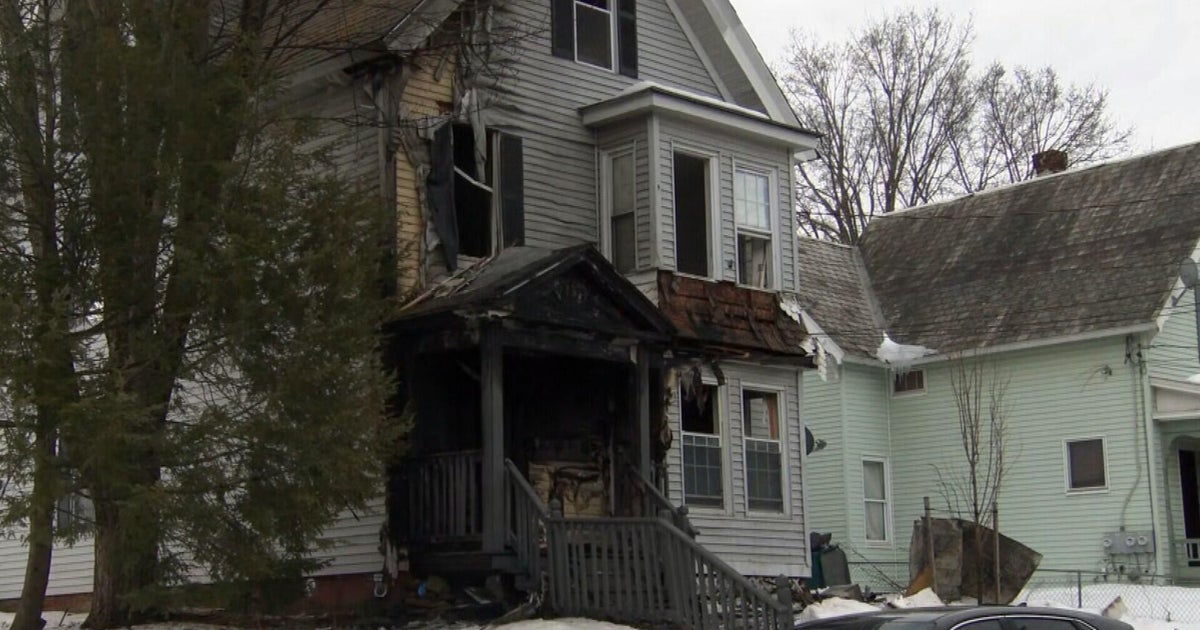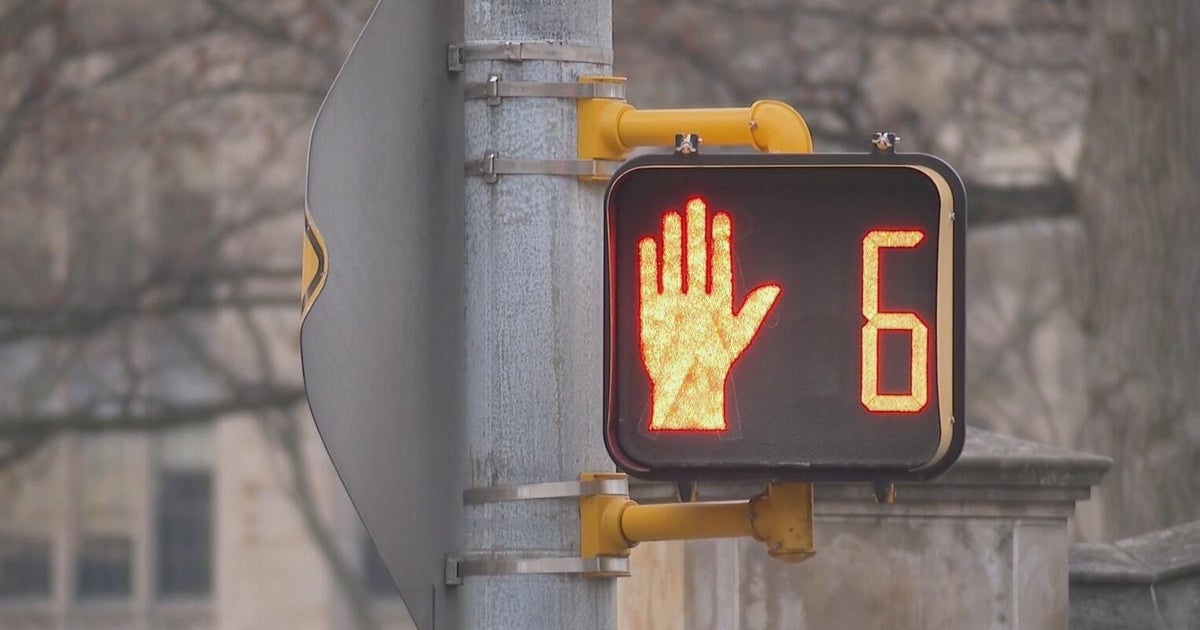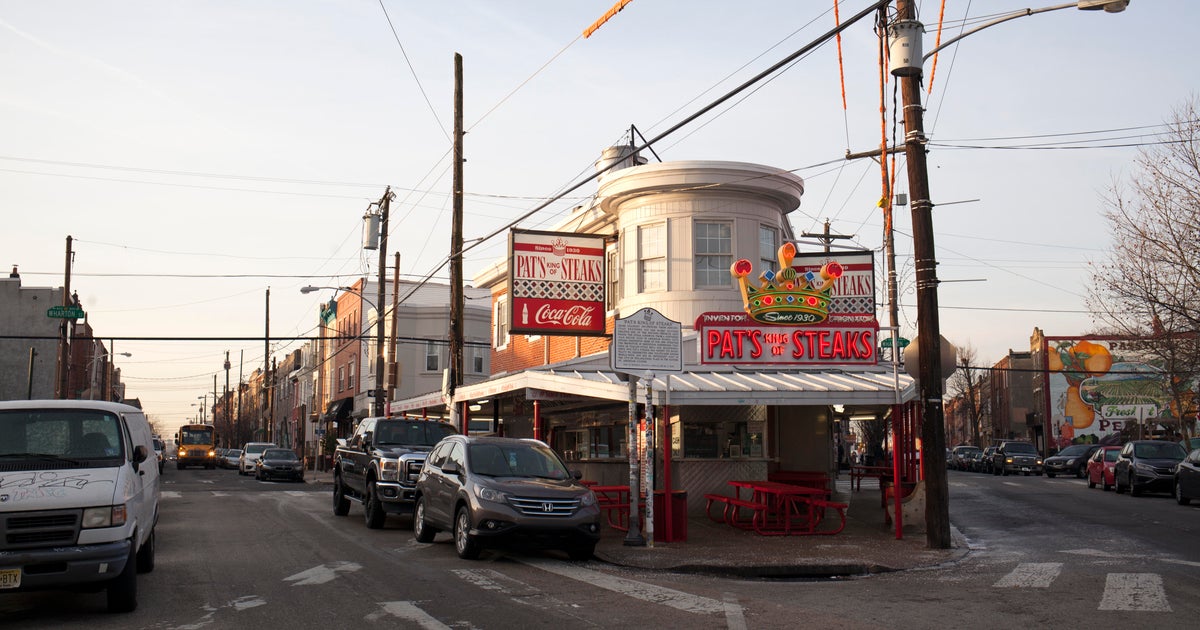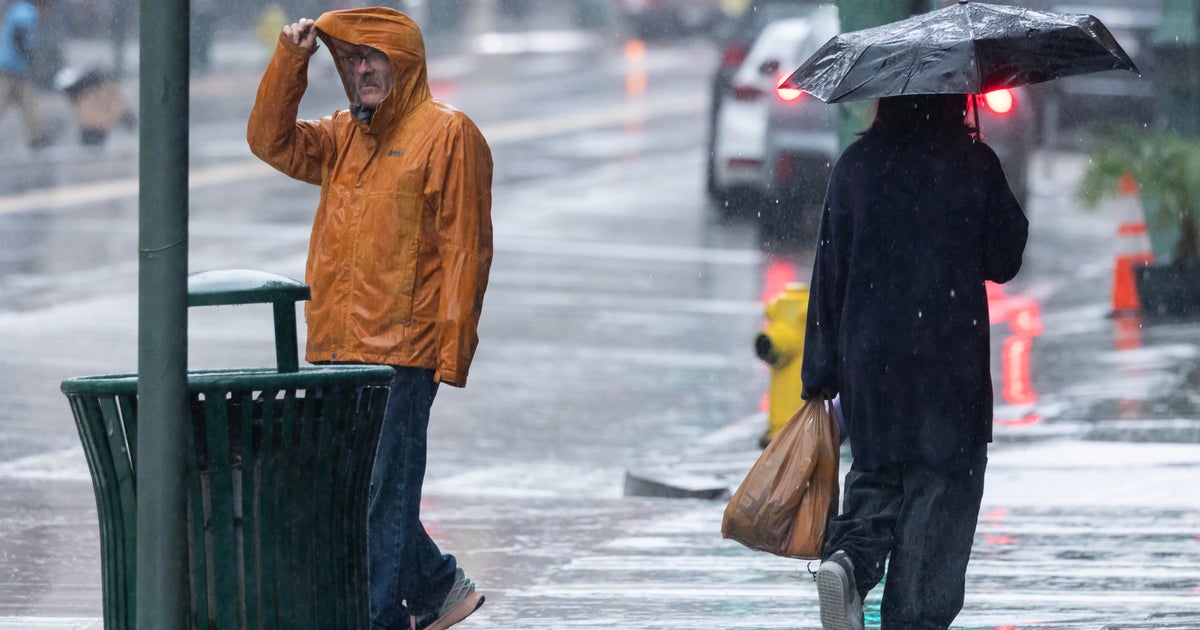Study: Young people who drink alone have higher chance of developing alcoholism
MIAMI – Most young people who drink do it socially. But for those who drink alone, the habit can foreshadow future alcoholism, according to a new study.
The study from Carnegie Mellon University investigated the dangers of solitary drinking. Researchers followed about 4,500 adolescents starting at age 18 and tracked them for 17 years. They found the odds of developing alcoholism by age 35 were 35% higher for adolescents who drank alone and 60% higher for young adults, compared to those who drank only in social settings.
Associate Professor Kasey Creswell was the study's lead author and says the risk was especially high for adolescent women.
"The odds were 86% higher that they would have alcohol use disorder symptoms at age 35," she says. "These young people are drinking because they feel depressed or stressed out or anxious or lonely. And we think developing that problematic relationship with alcohol puts them at risk for increasing their drinking and developing problems later."
Creswell recommends parents speak to their teenagers about better coping mechanisms.
"Getting outside and getting some exercise. Talking to a trusted family member or friend about how they're feeling. Doing meditation. There's lots of healthy ways to cope with these negative emotions."
The study also found the pandemic has fueled the problem. Solitary drinking has been on the rise, along with the increases in depression and anxiety.







